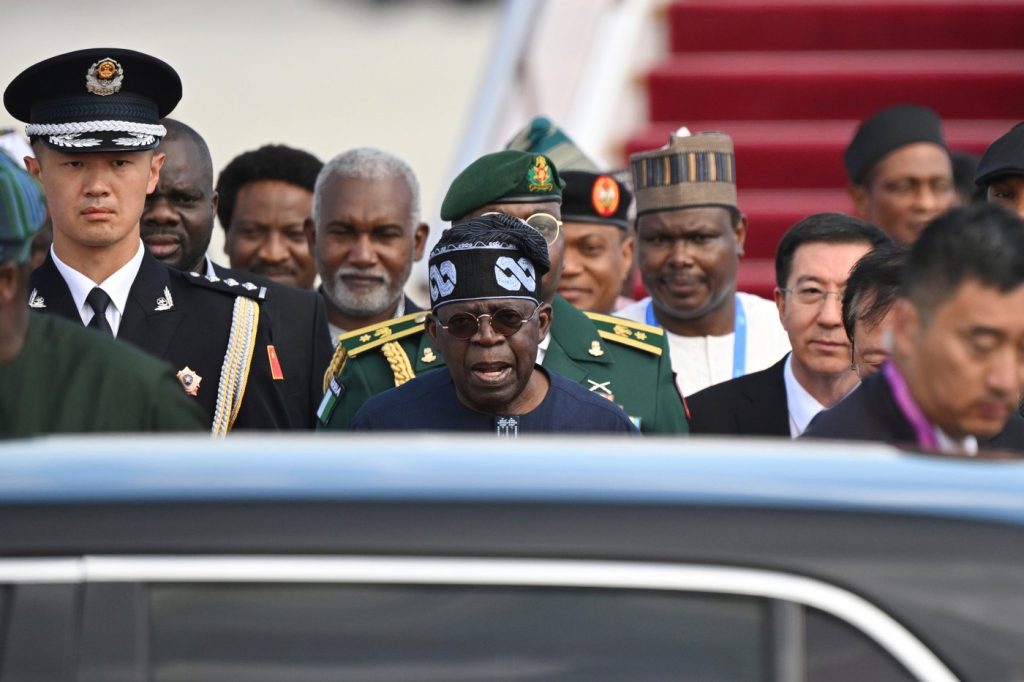ABUJA, Nigeria (AP) - Nigeria has reported a new surge in the abduction of schoolchildren in its northern regions, particularly in the volatile Kebbi state. The identity of the perpetrators is unclear, but such abductions have become emblematic of the rampant insecurity that plagues Africa's most populous nation. Historically, groups like Boko Haram have been responsible for some of the most notorious kidnappings, such as the mass abduction of 276 Chibok schoolgirls in 2014, which brought global attention to the extremist group. However, other armed bands also engage in kidnappings for ransom, complicating the security landscape further.
According to reports, since the Chibok incident, at least 1,500 students have been seized across northern Nigeria. The situation highlights the broader issues of insecurity affecting both children and adults in the region, impacting both Christian and Muslim communities. This ongoing crisis is characterized by violence and fear, fueled by extremist ideology and economic instability.
Boko Haram and Militancy
Boko Haram has been a longstanding threat in northern Nigeria, particularly in the northeast, as well as in neighboring countries like Cameroon, Niger, and Chad. The militant group's ambitions involve establishing an Islamic state in the region, and they adamantly oppose Western education, as reflected in their name, which translates to "books are forbidden." In addition to the Chibok abduction, they have carried out multiple attacks, including one in 2018 where 110 schoolgirls were taken from a college in Yobe state.
In recent months, Boko Haram has seen a resurgence after fracturing into different factions, with numerous fighters now aligning themselves with a local affiliate of the Islamic State. The total number of active fighters within these groups remains uncertain but is believed to be in the low thousands. Recruitment efforts continue unabated, often forcibly, targeting vulnerable youth in a region where the Nigerian government and aid organizations struggle to ensure safety.
Ransom-Driven Abductions
In addition to Boko Haram, numerous other armed groups operate in northern Nigeria, primarily engaging in kidnappings for financial gain. These bandits are often former herders who have taken up arms against farming communities due to disputes over increasingly scarce resources. Schools have become prime targets for these groups, primarily motivated by monetary gain rather than religious conviction. Attacks frequently occur at night, with assailants often utilizing motorcycles and sometimes donning military uniforms to evade capture in the vast, poorly policed terrain.
Concerns about the interconnection between these bandits and militant groups are rising, particularly in the northwest. Analysis from the U.S.-backed Africa Center for Strategic Studies indicates that while bandits are often conflated with Islamist militant organizations, they serve as a distinct catalyst for instability in the region, reportedly causing casualties comparable to those caused by Boko Haram and the Islamic State affiliates in the northeast.
Nigeria’s Security Struggles
Nigeria's government has faced persistent challenges in combating Boko Haram and other armed groups, including accidental civilian casualties during military operations. The Nigerian military has undertaken airstrikes and special operations targeting militant hideouts, but incidents of extremists overrunning military outposts and civilian areas continue unabated. Recently, President Bola Tinubu replaced the country’s security chiefs in response to these ongoing threats.
Additionally, earlier this year, the U.S. government approved a $346 million arms sale aimed at bolstering Nigeria's efforts to counter insurgencies and criminal acts. However, tensions have escalated as the Trump administration has threatened military action against Nigeria, citing failures to curb the persecution of Christians—a claim Nigeria has rejected.










